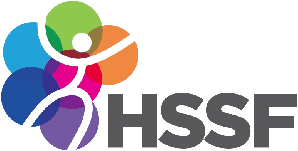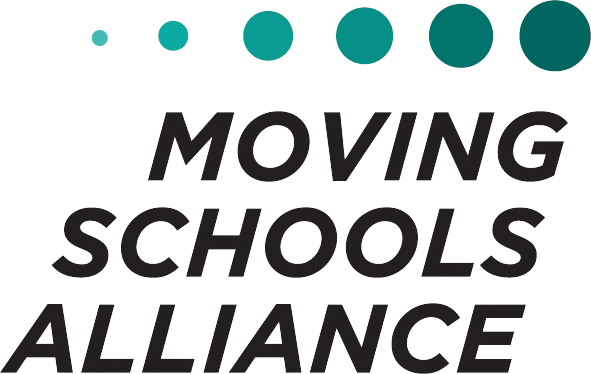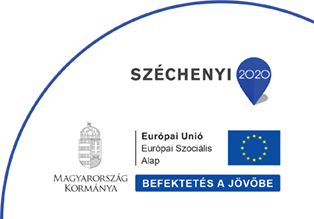Erasmus+: Providing more and better opportunities to support Europe’s future generations
In its first year, Erasmus+, the bigger and more fit-for-purpose programme for education, training, youth and sport, is already living up to expectations.
With a budget of over €2 billion in its initial year, Erasmus+ has already offered more than one million people the opportunity to take part in 18,000 funded projects. More flexible opportunities for collaboration across sectors are also helping Europe’s education, training, youth and sport systems to try out innovative practices and contribute to reform and modernisation.
„During the first year Erasmus+ has proved a true success. The impressive number of participants is proof that the programme is making a difference in improving young people’s employment prospects, helping them acquire new skills and experiences and supporting the modernisation of Europe’s education, training and youth systems. We will continue to build on this popularity to reach out to more people with different interests, profiles and social backgrounds.” Tibor Navracsics, EU Commissioner for Education, Culture, Youth and Sport
The figures published today(2.41 Mb) reveal that in 2014, Erasmus+ already benefited more peoplethrough a wider range of opportunities. In its first year, the programme supported a record 650,000 mobility grants for students, trainees, teachers, volunteers and other young people and paved the way for the first student loans for a full Master degree abroad. For the first time, the programme also funded policy support projects involving public authorities and international organisations and provided funding for projects in the field of sport.
A strengthened Erasmus+ is also delivering stronger support to its beneficiaries. This can be seen in improved recognition of studies abroad once students return to their home countries. Moreover, teacher and staff mobility is being integrated better into professional development strategies backed by their home institutions.
The new Erasmus+ is also more open, with a strong focus placed on promoting social inclusion, active citizenship and tolerance. To achieve this, more financial support than ever has been made available to participants with fewer financial means or those with special needs. A further €13 million has also been committed for 2016 to fund projects tackling issues like social inclusion of minorities and migrants and other disadvantaged social groups.
The programme has also strengthened initiatives to improve young people’s employment prospectsand facilitate their transition from education to work. This has seen an increase in traineeship and apprenticeship opportunities in the programme.
Spain, Germany and France still top destinations for students
In a separate report(8.21 Mb) , the Commission is today also publishing the statistics on student and staff mobility for the final academic year (2013-2014) of the former Erasmus programme for higher education, which formed part of the umbrella Lifelong Learning Programme. The data reveals that a record number of students (272,000) and staff (57,000) took part compared to any previous year. Spain, Germany and France remained the three most popular destinations for Erasmus students to study or train abroad in 2013-2014.
In addition, a new Erasmus Regional Impact Study(5.29 Mb) confirms that while undertaking an Erasmus student exchange significantly improves young people’s chances of securing high quality, managerial jobs, this is especially true for students coming from Southern and Eastern Europe.
(forrás: ec.europa.eu)












